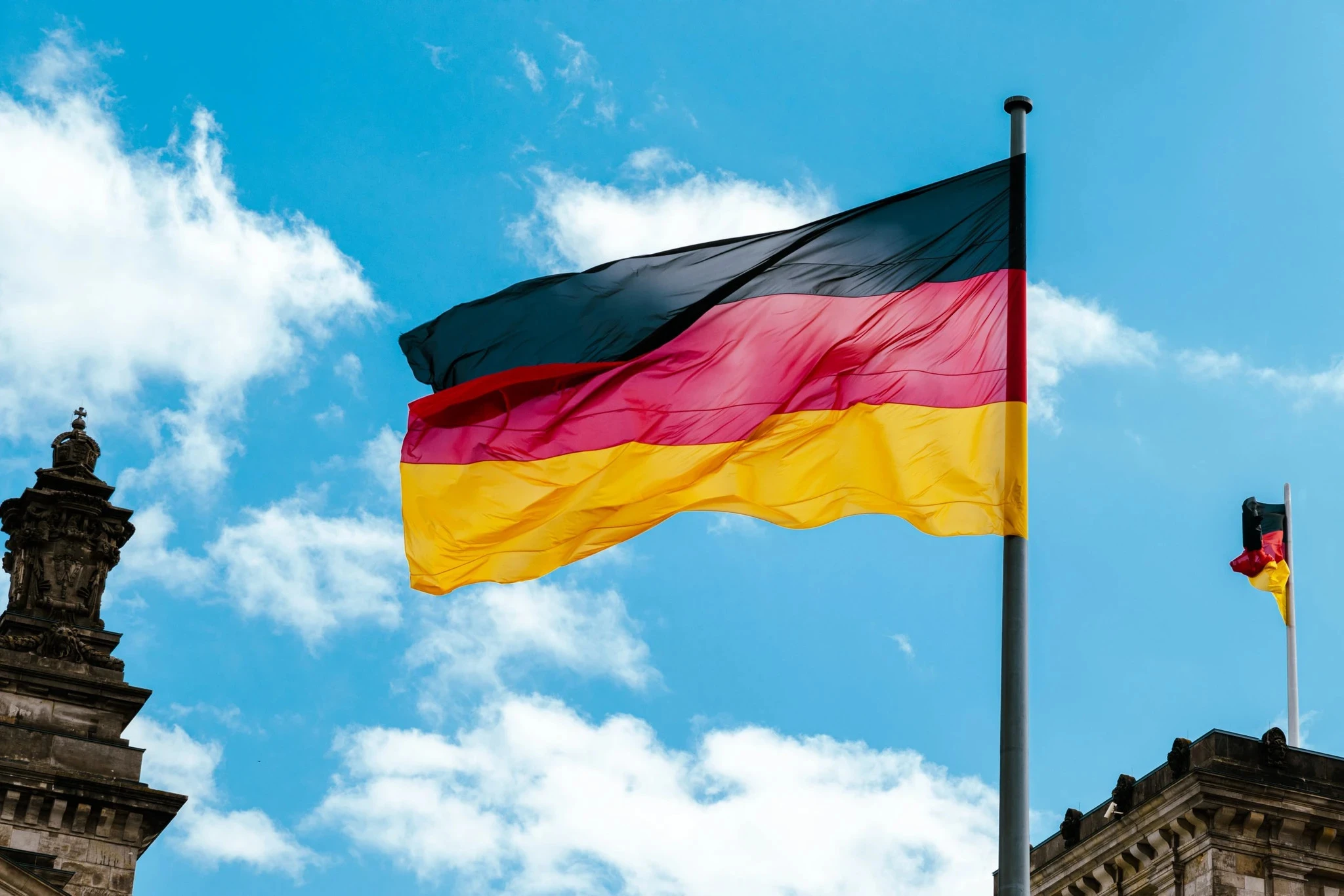Germany’s BGH submits sports betting reimbursement case to ECJ

Amid mounting cases of players seeking to recoup sports betting losses, the cases have progressed to Germany’s Federal Court of Justice (BGH). This follows a regional court ruling in May, which suspended all civil proceedings in Germany so the ECJ can take on the case.
The Federal Court said the 2012 edition of the State Treaty on Gambling continued a level prohibition on sports betting without a licence. Therefore offering sports betting could be considered a violation of the legislation, meaning the sports betting contract between the player and the operator was effectively void.
However, whether this can actually be applied remains up for debate, the court said. First the question of whether the provider had applied for a German sports betting licence plays a part, especially as an earlier court ruling determined the concession process was in violation of European Union law.
A member state cannot impose a criminal sanction for a perceived violation if the law or rule they broke was itself in violation of EU law. This therefore casts uncertainty as to whether the sports betting contract can be considered void under German civil law.
Local media names Tipico as German sports betting operator in question
The case, originally filed in Karlsruhe, covers a claim for €3,719.26 in losses between 2013 and October 2020 with German media reports naming Tipico as the operator in question. The case, and an appeal, were dismissed by a District Court, before the plaintiff progressed the matter to the Court of Appeal.
BGH court documents dated 25 July revealed the defendant was based in Malta and offered sports betting via a German-language website with a “top-level domain”.
The filing said during the period in question, the operator had applied for a licence under the then applicable State Treaty on Gambling in 2012, but had not yet received it. It was granted a full betting licence in October 2020.
This throws up another question: whether the operator complied with the maximum monthly stake limit of €1,000. Under the State Treaty, players are restricted to wagering €1,000 per month. The Court of Appeal did not make a judgment on this.
This is one of a mounting number of cases for reimbursement involving operators such as Evoke (888 and Mr Green). These cases have gone both ways for operators, with some thrown out and others progressing through the courts. Two parallel proceeds were suspended as a result of the ECJ taking the case.
German gambling industry confident ECJ will end player reimbursement saga
Dr Ronald Reinhart of Redeker Sellner Dahs, which acted for the defendant in the Federal Court proceedings, believes it highly likely that the ECJ will confirm the reimbursement cases should be thrown out, he told iGB.
“The reasoning of the court mainly relied on the failure of the German licensing procedure of 2012 (“Konzessionsverfahren”) to comply with Union law. That in itself leads to the inapplicability of the licence requirement according to the ECJ jurisprudence.
“The gravity of depriving the operators and consumers of their contractual basis is the highest possible impact. it takes away the very foundation of the freedom of services and is hence much more severe than many fines or punishments imposed on operators,” he said.
For the Deutscher Sportwettenverband (DSWV), Germany’s association for sportsbook operators, progressing the case to the ECJ marks a positive development.
“The decision of the Federal Court of Justice (BGH) to refer the case to the ECJ shows that clarification under European law is necessary,” DSWV president Mathias Dahms said.
“We are confident that the ECJ will decide in the interests of the providers and the European freedom to provide services, as it has done in the past.”
